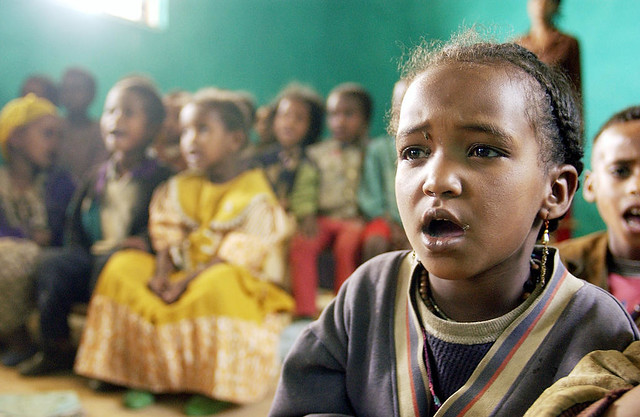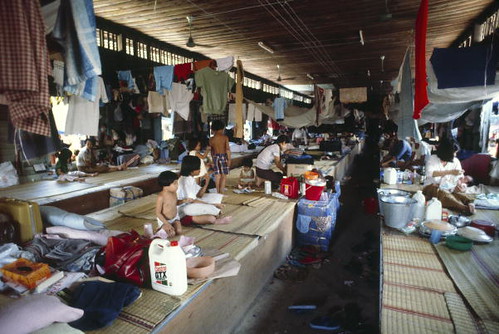Successful Models of Non-Governmental Organizations
This new series concentrates on innovative practices carried out by non-governmental organizations in consultative status with the Economic and Social Council (ECOSOC). Even though each paper focuses on different regions and topics, they have a common objective to identify what makes each project unique and which elements were essential to guarantee the success of each initiative. By looking at these similarities, future researchers and practitioners might be able to replicate some of these best practices around the world.
Successful Model of NGOs in Climate Change
 This paper aims to provide a general view on how civil society has been contributing their efforts to the collective endeavor of international community to reduce the risk of global warming crisis. In particular, with the increasing economic globalization and transnational economic power, it makes much harder for a government alone to control or regulate the environmentally harmful economic activities. Therefore, it is worthy of collecting and analyzing successful projects specifically implemented by civil society to either mitigate the impacts of climate change or stop climate change altogether.
This paper aims to provide a general view on how civil society has been contributing their efforts to the collective endeavor of international community to reduce the risk of global warming crisis. In particular, with the increasing economic globalization and transnational economic power, it makes much harder for a government alone to control or regulate the environmentally harmful economic activities. Therefore, it is worthy of collecting and analyzing successful projects specifically implemented by civil society to either mitigate the impacts of climate change or stop climate change altogether.
 Successful Models on Education
Successful Models on Education
The overall focus of the 2011 Annual Ministerial Review (AMR), is “Implementing the internationally agreed goals and commitments in regard to education”. The Economic and Social Council of the United Nations (ECOSOC) will focus their work throughout 2011 on education; discussing the state of education throughout the world, and how the ECOSOC can help work towards achieving an increase in the overall quantity and quality of education throughout the world. In evaluating how the NGO Branch can best support this endeavour, this paper provides a review on current education programs being implemented by NGOs in consultative status. The study tries to provide a diverse group of NGOs from different areas of the world, who implement education programs on various themes throughout the developing world. It also incorporates both local and international NGOs.
 Successful Models on achieving the Millennium Development Goals in Southeast Asia
Successful Models on achieving the Millennium Development Goals in Southeast Asia
This paper provides information about a number of successful best practices from non-governmental organizations (NGOs) in Southeast Asia regarding the achievement of the Millennium Development Goals (MDGs). Half of these projects are done by SE Asia NGOs with consultative status with the Economic and Social Council (ECOSOC), and the other half are done by SE Asia NGOs without consultative status. As a concluding remark, this study highlights the importance of combining multiple models and partnering among different stakeholders as key success factors on any MDG-oriented initiative in the region.
 Successful Models of NGOs on Disaster Risk Reduction
Successful Models of NGOs on Disaster Risk Reduction
With a growing international acknowledgement about the importance of NGOs in DRR, this paper outlines a framework of successful models NGOs can follow with regards to disasters. These models are derived from the study of actual projects that are carried out by NGOs in consultative status3 with ECOSOC. It particularly looks into how different NGOs operate and work towards DRR, and how they reflect their broader development goal into their respective projects. The paper also provides some recommendations on how the United Nations can learn from these Civil Society experiences and improve its work in partnership with multiple sectors at the global level.
 Welcome to the United Nations
Welcome to the United Nations 